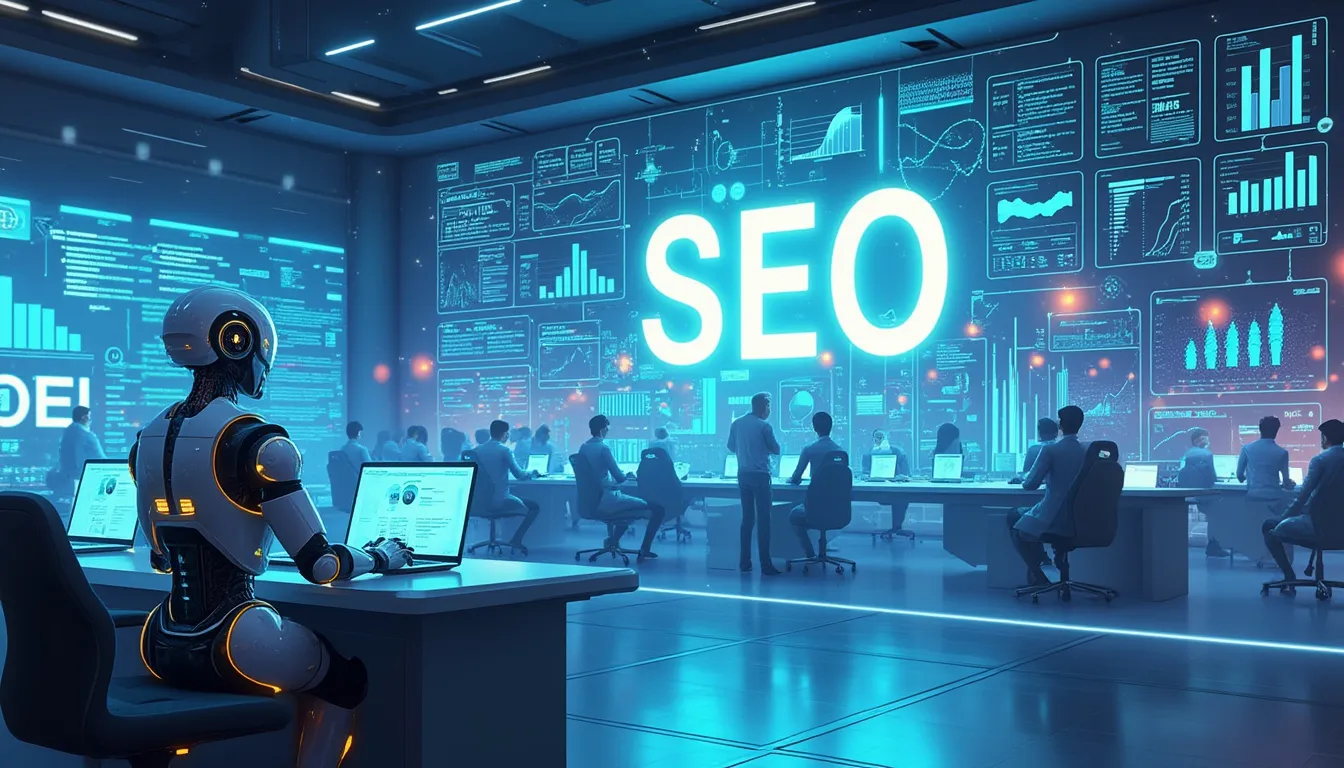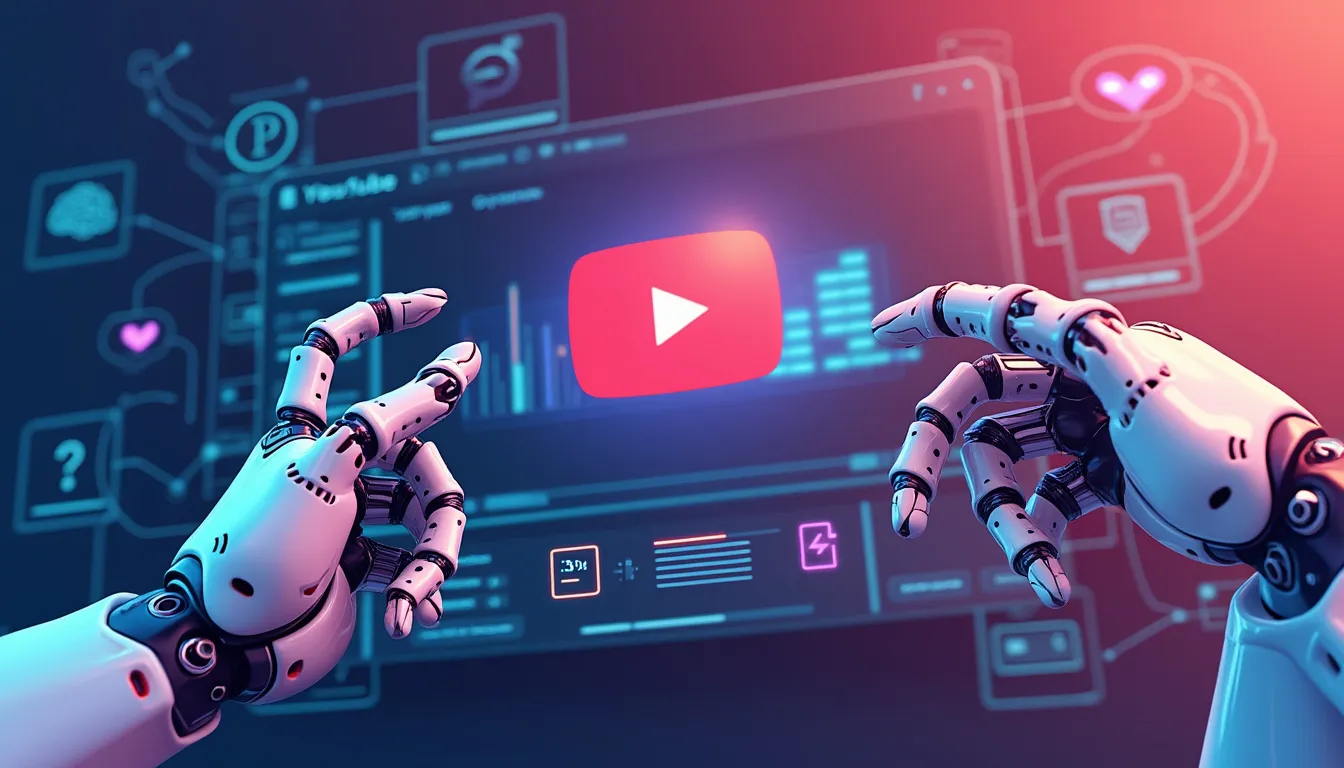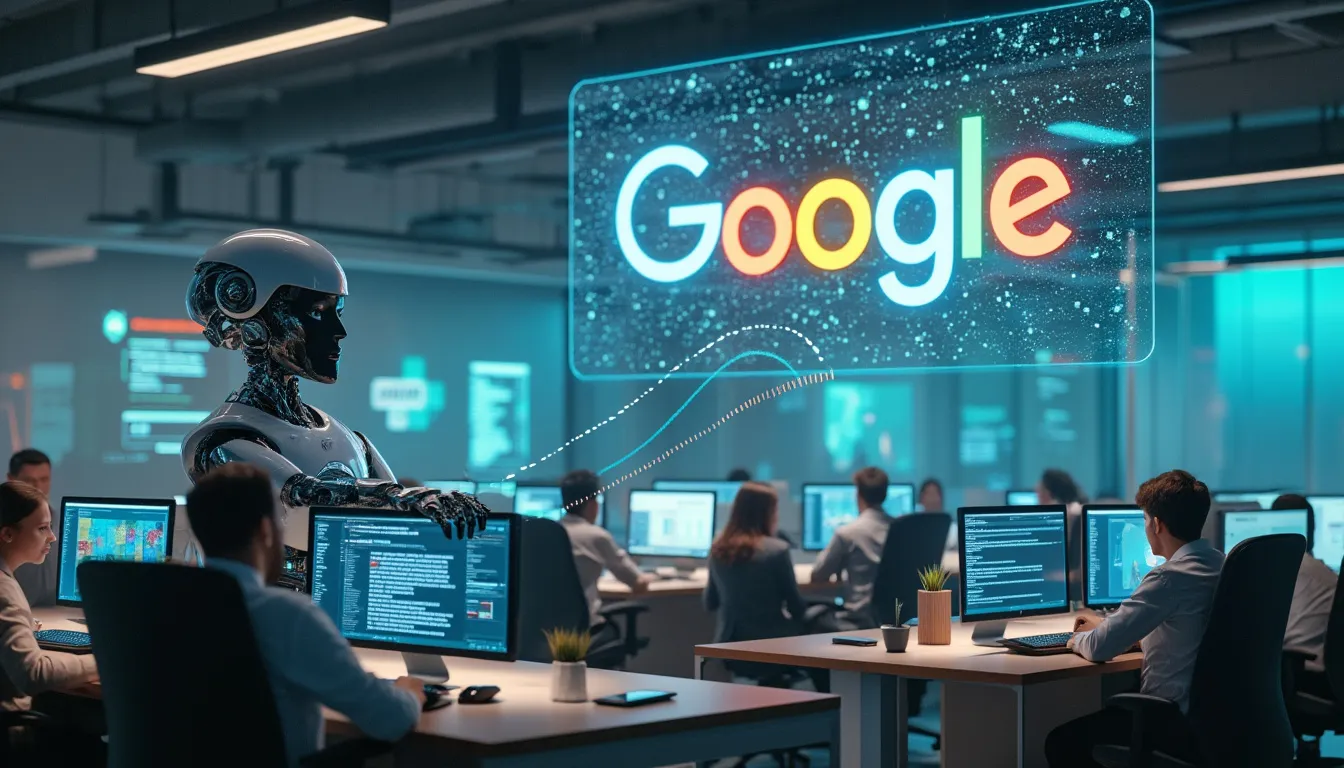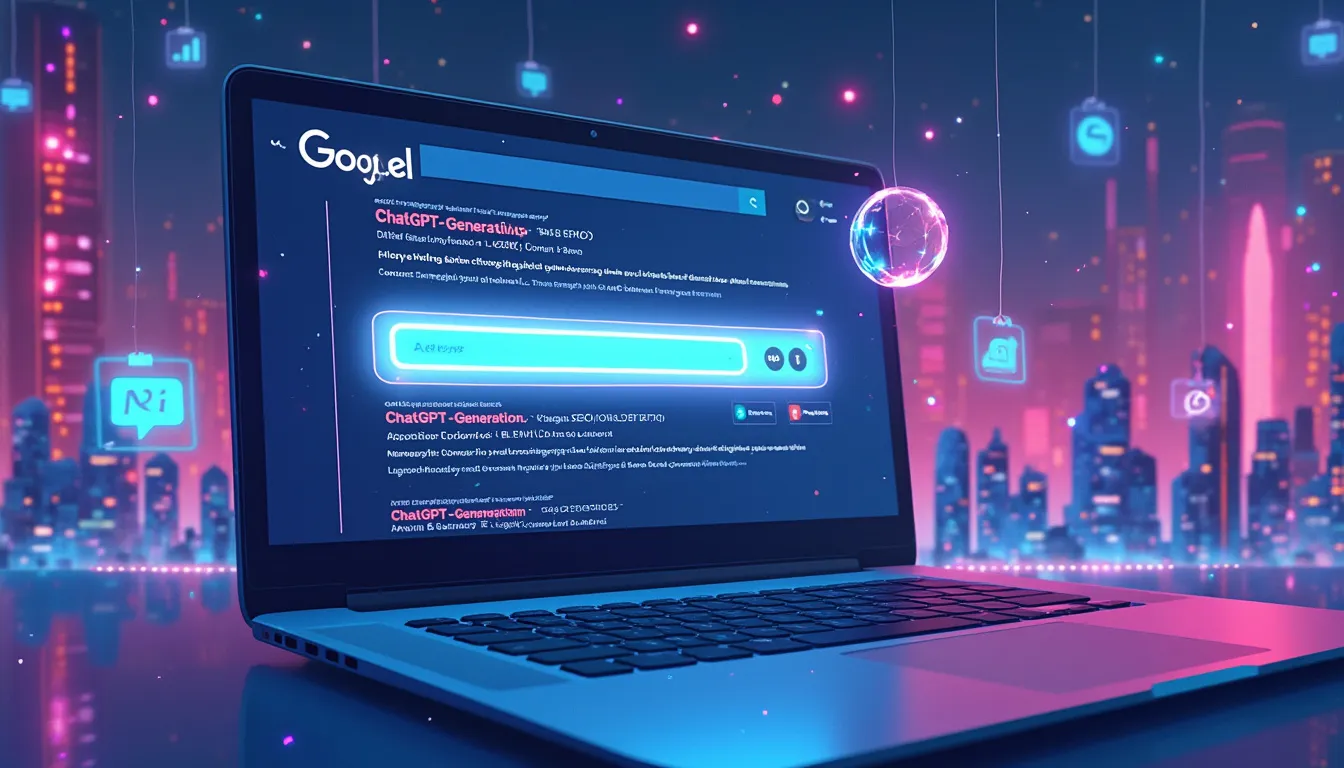The Future of SEO: Can SEO Be Automated?
As we stride boldly into the digital age, the question on everyone’s mind within the online marketing world is: can SEO be automated? The intricacies of search engine optimization (SEO) have always required a deft human touch, but technology is evolving at breakneck speed. With advancements in artificial intelligence (AI) and machine learning, the possibility of automation seems tantalizingly close. Let’s embark on a journey to explore whether the robots are ready to handle the demands of SEO.
Understanding the Basics of SEO
Before we look to the future, it’s essential to comprehend the present. SEO is the art and science of enhancing a website’s visibility on search engine results pages (SERPs). This is accomplished by optimizing various elements such as keywords, links, and content structures. Historically, achieving top-ranking positions has required a keen eye for detail and an understanding of search engine algorithms, which are known to evolve more frequently than fashion trends in Paris.
The Case for Automation
In recent years, multiple tools have emerged, aiming to automate SEO processes. Technologies that incorporate AI and machine learning show promise in handling repetitive tasks such as keyword analysis, SEO audits, and even content creation. For example, algorithms can now generate extensive reports, analyze large data sets for patterns, and even perform some level of predictive analysis to identify future trends.
One renowned advantage of automation is efficiency. Automated systems can work tirelessly, executing complex processes swiftly and consistently. Moreover, these systems are devoid of human error, ensuring that tasks like data entry and site monitoring are performed with remarkable precision.
Where Automation Falls Short
Despite the technological strides, current SEO automation lacks the ability to comprehend context and nuance, which are pivotal in SEO strategy. While machines excel at handling data, they struggle with understanding intent—a critical component of effective keyword targeting and content creation. Automation tools can suggest keyword usage, but they often can’t grasp the emotion or voice required to resonate with a specific audience.
Moreover, the search algorithms of major players like Google are becoming increasingly sophisticated, prioritizing user experience and context over raw data. Automated solutions may not adapt quickly enough to these changes without ongoing human oversight and input.
Striking a Balance
The future of SEO might not be about choosing between manual and automated processes but rather about finding the perfect blend of both. Savvy marketers will need to leverage automation to handle tedious and repetitive tasks while applying human intuition and creativity where it matters most. This hybrid approach could allow for more agile and effective strategies, combining the best of both worlds.
Conclusion: Steering Towards a Co-Piloted Future
So, can SEO be automated? The answer is both yes and no. Automation in SEO is indeed possible for a vast array of tasks, and as technology progresses, its role will undoubtedly expand. However, the need for human creativity, strategy, and insight remains indispensable.
Embracing a co-piloted approach where machines handle the heavy lifting and humans provide strategic direction could pave the way for a new era in SEO. After all, in the ever-shifting landscape of digital marketing, it’s not just about keeping up with the algorithms—it’s about staying one step ahead.
Get in touch with us to start leveraging AI SEO for your business



